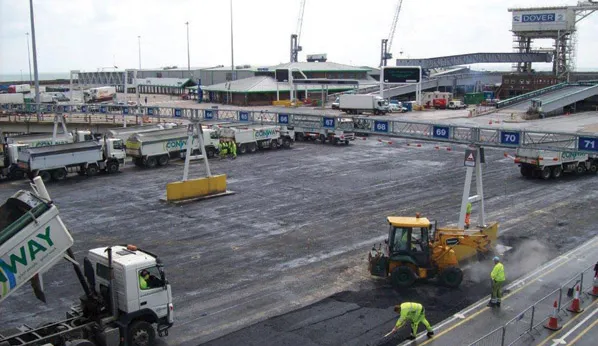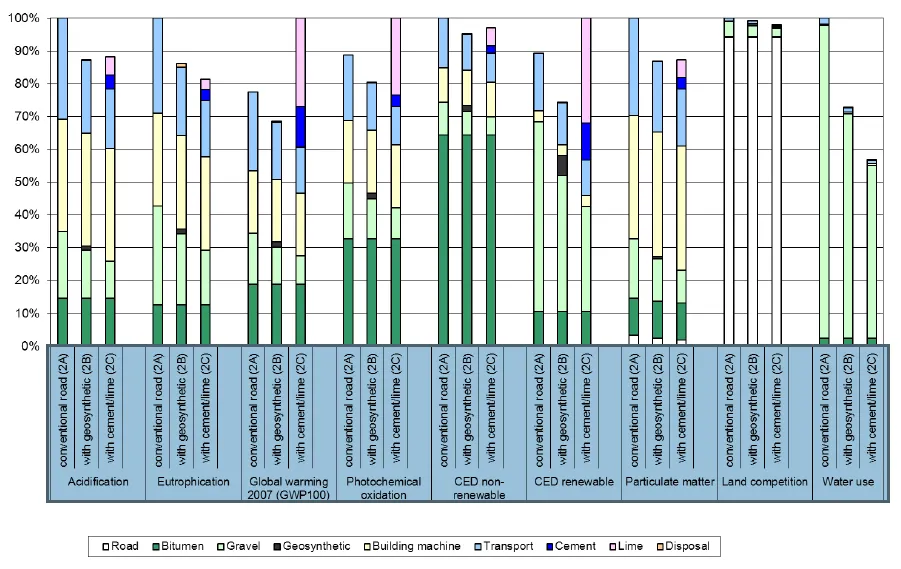Tensar International’s TriAx design solution has been used in the sub-base for the 17.9km Gdansk bypass in Poland.
TriAx is said to be helping to combat the differential settlement across the poor soil of the Wistula river delta and to minimise frost heave caused by Poland’s severe winters. TriAx is said to be helping to combat the differential settlement across the poor soil of the Wistula river delta and to minimise frost heave caused by Poland’s severe winters.
July 20, 2012
Read time: 2 mins

Tensar International’s TriAx design solution has been used in the sub-base for the 17.9km Gdansk bypass in Poland.
TriAx is said to be helping to combat the differential settlement across the poor soil of the Wistula river delta and to minimise frost heave caused by Poland’s severe winters.The bypass is being built as part of a programme of infrastructure improvements, including those for this month’s Euro 2012 football tournament being co-hosted by Poland and Ukraine.
“The ground has a high water level and the typical weak organic consistency of estuarine silt deposits,” said Dr Jacek Kawalec,
“They asked us to provide a Tensar TriAx design solution to mechanically stabilise the sub-base of the road, so minimising any differential settlement.”
Kawalec said TriAx is quick and easy to install, and requires less aggregate than conventional road design. It also provides protection against any movement as a result of the sub-zero winter temperatures which last an average of three months.
The Gdansk bypass comprises two 3.5m wide lanes in each direction, plus 2.5m of emergency lane at each shoulder; the minimum crown width is 27m. As well as the supporting piles, vertical drains and additional embankments were employed where required. TriAx was employed across the whole width and length of the route.
The new road, started in 2009, connects Poland’s major highway (N7 to Warsaw) with the A1 motorway, the N6 and access to Gdansk harbour. The three-year US$345.9million (€272million) construction project is being co-financed by the Generalna Dyrekcja Dróg Krajowych I Autostrad and the EU Cohesion Fund.
“Traffic studies indicate that approximately 30,000 vehicles a day currently use existing routes, and estimate that there will be a reduction of 12-14,000 vehicles on these congested roads, once the new route is built,” said Kawalec.







